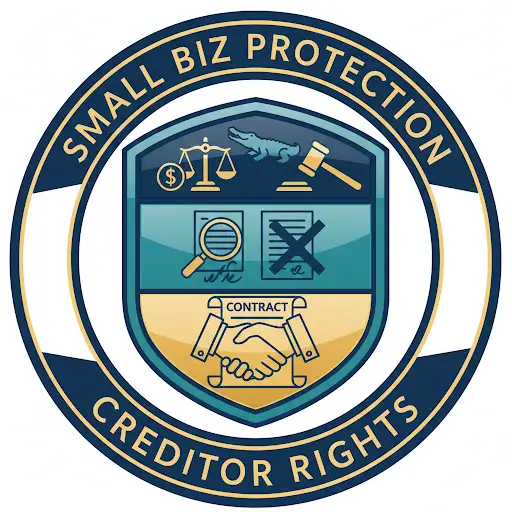The Barton Doctrine is a pivotal principle in bankruptcy law, originating from the 1881 Supreme Court case Barton v. Barbour. It mandates that anyone wishing to sue a court-appointed receiver or bankruptcy trustee must first obtain permission from the appointing court. This rule ensures that the court retains control over the estate’s assets, preventing disruptions or unfair advantages for individual claimants.
Key Aspects of the Barton Doctrine:
- Purpose: The doctrine safeguards the equitable distribution of assets among creditors by centralizing control within the appointing court.
- Application: It applies not only to bankruptcy trustees but also to their professionals, such as attorneys, and sometimes even creditors or insiders.
- Exceptions:
- Ultra Vires Exception: If a trustee or receiver wrongfully seizes property not belonging to the estate, they can be sued without court permission.
- Statutory Exception (28 U.S.C. § 959(a)): This allows lawsuits against trustees for actions taken while conducting business related to the estate.
Recent Developments:
Recent cases, such as Berleth v. Preferred Ready-Mix, LLC, No. 24-20158 (5th Cir. 2024), have tested the boundaries of the Barton Doctrine. In this case, the Fifth Circuit addressed whether a debtor could sue a receiver for alleged misconduct without prior court approval. The court reaffirmed the doctrine’s importance but also highlighted its exceptions, emphasizing the need for careful judicial oversight.
In Berleth, the Fifth Circuit found that the “ultra vires exception to the Barton doctrine applies because Berleth [the receiver] only had appointing court authority to seize and maintain Preferred Ready-Mix’s property, not property of the bankruptcy estate.” A copy of the Berleth opinion can be found here.
Consequences of Violating the Barton Doctrine
Filing a lawsuit against a court-appointed trustee or receiver without first obtaining permission from the appointing court in violation do the Barton Doctrine can lead to serious consequences.
Here are some examples of sanctions imposed in such cases:
- Dismissal of the Unauthorized Lawsuit: Courts often dismiss lawsuits filed in violation of the Barton doctrine, as seen in Martin Conway v. Smith Development, Inc., where the bankruptcy court recommended enjoining a legal malpractice suit against a trustee.
- Monetary Sanctions: In In re Badea, 2019 Bankr. LEXIS 667, *9 (9th Cir. BAP March 5, 2019), the bankruptcy court imposed compensatory sanctions for violating the Barton doctrine, requiring the party to pay attorney’s fees incurred in responding to the unauthorized lawsuit. On appeal to the Ninth Circuit, the court affirmed the sanctions order but vacated and remanded the fee order because the sanctioned party did not have an opportunity to object and the bankruptcy court did not make factual findings to support that the fees was reasonable.
- Contempt of Court: Some courts may hold violators in contempt, particularly if they persist in litigating without proper authorization.
- Injunctions Against Further Litigation: Courts may issue injunctions preventing further unauthorized lawsuits, ensuring compliance with bankruptcy protections.
These sanctions reinforce the importance of seeking court approval before suing trustees or receivers.
Discover more from A Lawyer In Florida
Subscribe to get the latest posts sent to your email.




